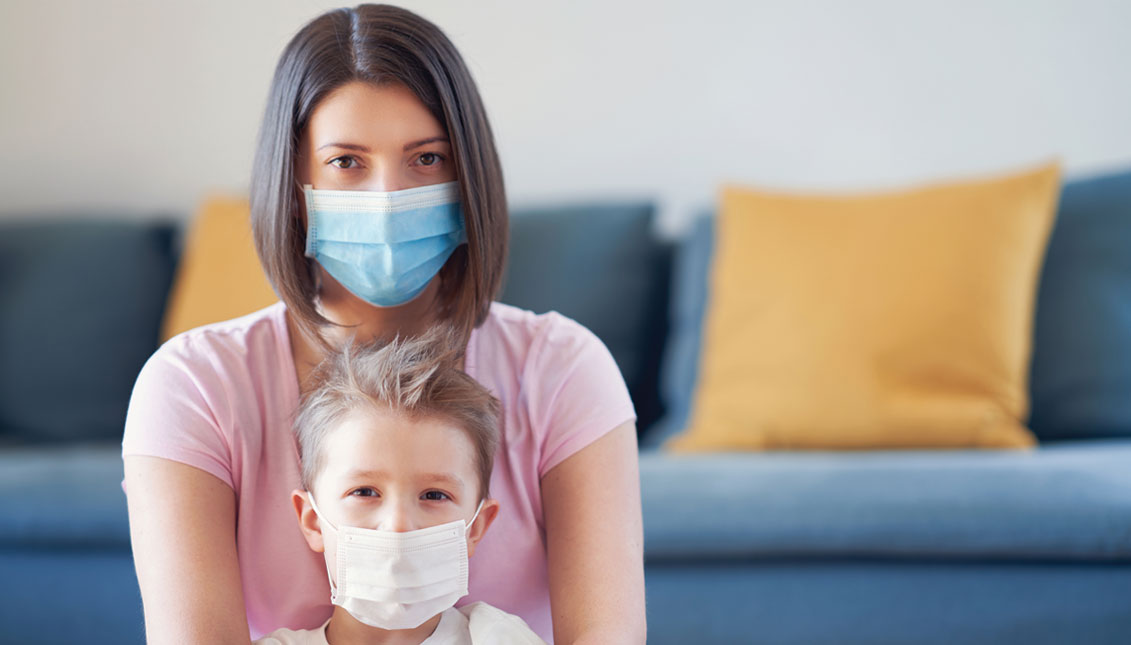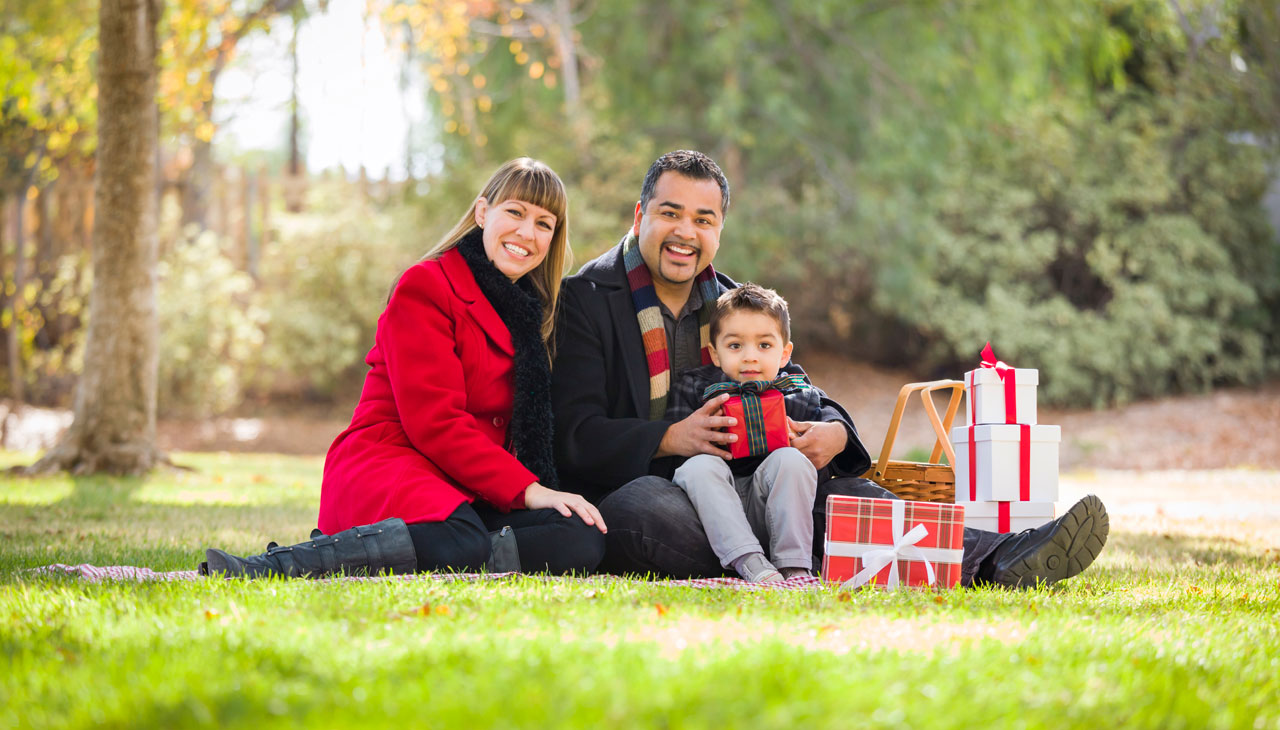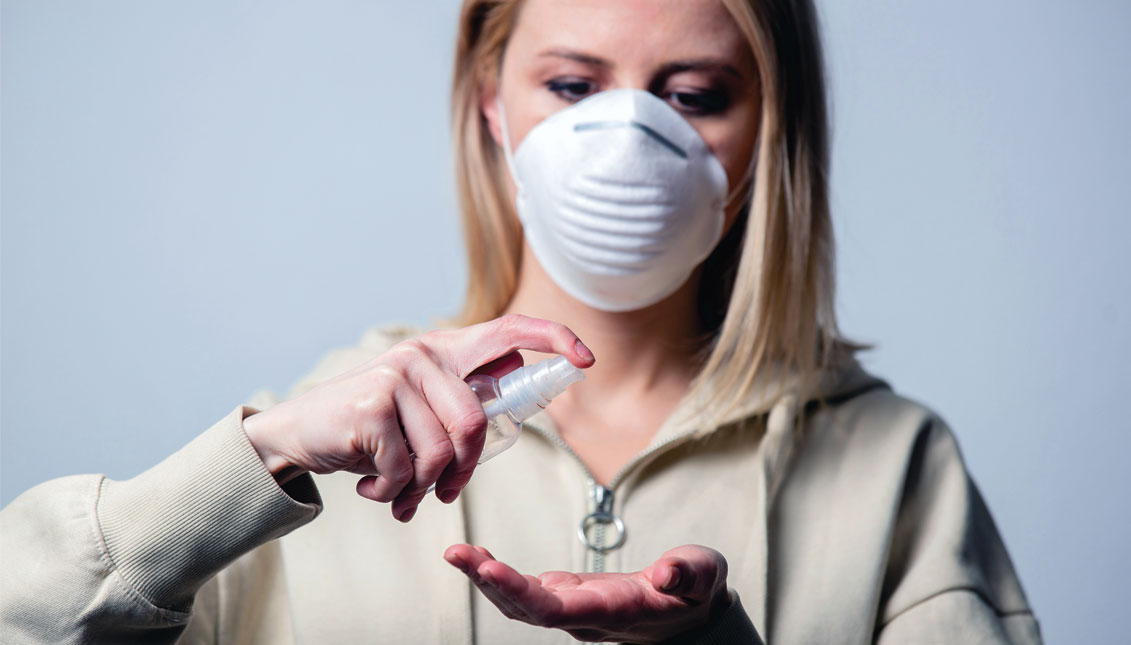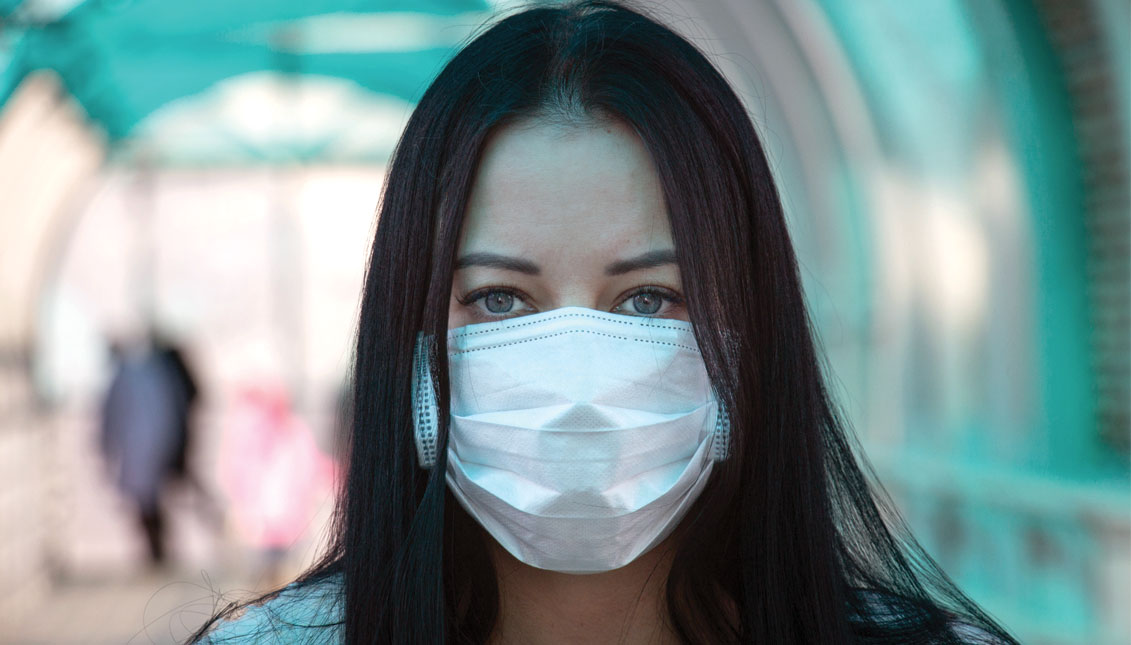
Caring for someone who is sick
What should you do if someone close to you gets COVID–19?
COVID-19 is a very contagious virus that spreads from person to person through respiratory droplets created when someone talks, coughs or sneezes. If you are taking care of someone with COVID-19 at home or in a non-healthcare setting, it is important that you take the proper steps to keep yourself from also getting infected.
First, you should know the symptoms of COVID-19. They include cough, shortness of breath or difficulty breathing, fever, chills, repeated shaking with chills, muscle pain, headache, sore throat and loss of taste or smell. For most people with COVID-19, symptoms last a few days and people usually feel better after a week. If you or someone in your household has any symptoms of the virus, make sure you call your doctor for guidance—always follow advice from a medical professional.
Make sure the person who is sick drinks a lot of fluids and rests. Help them with grocery shopping, filling prescriptions and getting other items they may need. Try having the items delivered through a delivery service, if possible. Take care of their pets and limit contact between the person who is sick and their pets when possible.
RELATED CONTENT
Make sure you have contact information for the sick person’s doctor or medical provider and call their doctor if they keep getting sicker. If you think this person is having a medical emergency, call 911 and let the dispatcher know that the person has or might have COVID-19. Emergency warning signs of COVID-19 include difficulty breathing or shortness of breath, persistent pain or pressure in the chest, confusion or inability to wake up and bluish lips or face.
There are several steps you can take to protect yourself from getting sick while taking care of someone with COVID-19. These include using a separate bedroom and bathroom from the sick person whenever possible and having the person who is sick stay in their own “sick room” or area and away from others. If you have to share a space, make sure the room has good airflow, and you are cleaning surfaces and shared rooms frequently with disinfectant. It’s also important to wash your hands often and try to maintain a safe distance away.
As you continue to care for someone who is sick in your household, make sure you are monitoring your own health and checking yourself for symptoms of COVID-19. Taking every day precautions will help decrease your chances of getting infected with COVID-19 and help protect those around you.











LEAVE A COMMENT: